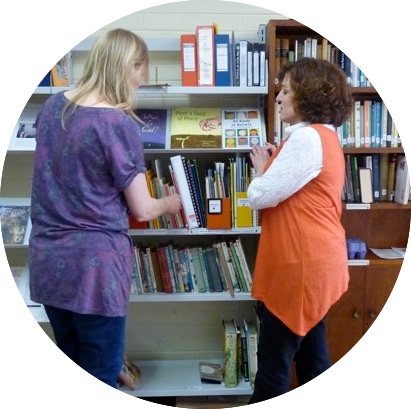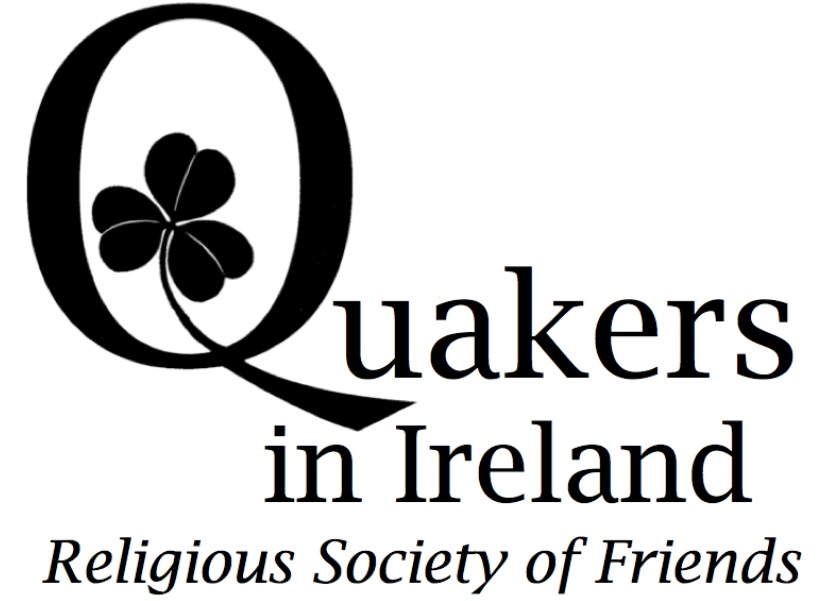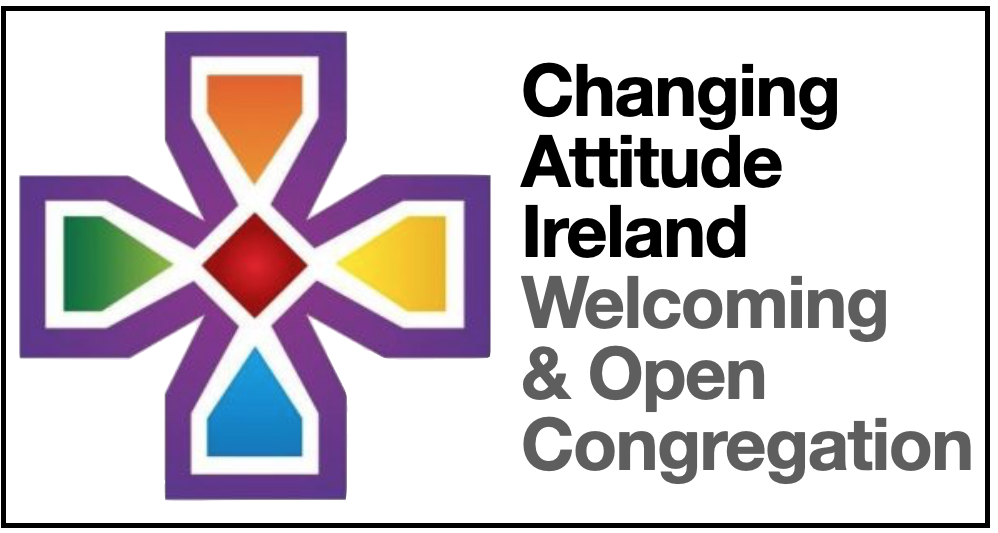February 2023
Reflections on the 2022 IYM Lecture
06/02/23 14:32
Asking beautiful questions and attending to better stories
Denis Stewart reflects on a recent After Meeting Conversation

A beautiful question calls us to greater heights of curiosity, and transforms us as much in the asking as in having it answered. I would love us, as Quakers, to be guided by these sorts of questions.
Lynn Finnegan, 2022
So much is happening, both wonderful and terrible – and it matters how we tell it. We can’t erase the bad news, but to ignore the good is the route to indifference or despair. Rebecca Solnit, 2023
On Sunday 15th January, members of the South Belfast Eco-Quaker Group hosted an after-Meeting conversation about Lynn Finnegan’s IYM lecture, the text of which is available here. This article is both reflective of aspects of that session and a further reflection on the issues raised and insights shared by Lynn in her talk.
James Nelson provided us, very helpfully, with an introductory preamble to the conversation that followed, first in small groups and then in plenary session. I am grateful to James for sharing his speaking notes, extracts of which are used in the following paragraphs.
James began by observing that a primary concern of Lynn’s in her lecture was that we need to talk about how we talk about the climate and ecological emergencies. He reminded us of how ‘talks about talks’ became part of the Northern Irish political discourse during the process leading to the Good Friday Agreement, noting that the way we frame a discussion, the language we choose to employ, the context in which it takes place, what is considered relevant and irrelevant, all of these help to give structure around the talk which can give it a purpose and direction, and so increase the opportunity for success. James went on to suggest that this framing process is at the heart of what Lynn wants to get at in her lecture. Lynn tells us right at the start that this is a hard topic to speak about because the words we use are often inadequate to the task. Words like sustainability, environmentalism, etc. can be meaningless. Not only that but the tone of our comments can act like a damp blanket on the conversation, suffocating and silencing more hopeful or positive comments. .. Lynn’s solution to this is, to 'talk about how we talk about our crisis' but in particular two aspects of this - to 'talk about how we ask questions', and to 'talk about how we tell stories’.
On the matter of asking questions, James commented that questions can judge and divide or they can enlighten and reveal new insights. For example, Lynn notes that, too often, the questions we ask tend to divide the world into people who are right, and people who are wrong. We should ask questions, she says, that leave room for seeing that of God in everyone.
In relation to the telling of stories, James was struck by how Lynn weaves her own story through her lecture. She gives us glimpses of life in an eco-village, .. [and] the intentional narrative she is creating. He observed that the choices Lynn has made present a challenge us in relation to our individual choices about housing, community building and many other things, small and great. And, James added, we are challenged, as a community, by her demand that Irish Quakers need to tell better stories! Also, zooming out to her broader purpose, she is asking us to talk about how we tell stories. So how can we tell better stories that inspire, that connect reality with aspiration, that model spiritual activism?
Not having kept notes of the conversation that ensued I won’t attempt to offer anything like a report on proceedings. Instead, I want to note a few thoughts and reflections – first, about the process that Lynn is provoking, and, second, about the beautiful questions she is promoting.
Right at the start of her talk, Lynn makes it clear that her intention is to stimulate a conversational process of deep, extensive engagement by those to whom she is speaking and, more widely, among members and attenders of the Religious Society Friends in Ireland. Those who were able to gather for conversation in the after-Meeting session were participating in what could be described as the early stage of an extended conversational journey - a journey of learning and discerning: Learning ways of thinking and talking about the climatic and ecological emergencies, such as the use of Parker Palmer’s notion of a ‘tragic gap’ - the gap between “hard realities that we see around us and our aspirations, the alternative reality “that we know is possible”. And gleaning insights and discerning implications for our ways of being and doing, individually and collectively; e.g. how the values we espouse, the Quaker testimonies, can and must find expression, both spiritually and practically, for the common good of people and planet.
The onus is on us who have ears to hear to continue on that conversational journey of learning and discerning.
On the second theme, Lynn's lecture prompts reflection on three sorts of 'beautiful question'.
First, there are questions about EMOTIONS - our feelings in response to the realities of the planetary emergencies. And so, for example, we can ask (with words from Seamus Heaney in mind):
How can we hold together anger and grief at the murderous with joyful delight in the marvellous?
Second, there are questions about ACTIONS - choices we make, and our ways of being in relationship with the Earth, our fellow humans, and other creatures who live and move upon the Earth
And so, for example, we can ask (inspired by lines from a poem by Rumi in mind):
In what ways can and do we kiss the Earth and enact 'the beauty that we love'?
And third, there are questions about STORIES - the narratives to which we attend and which we choose to tell or perform. And so, for example (with a book by Walter Brueggemann in mind):
What and where are the stories that, while reflecting reality, and inviting us to express grief, also encourage us to act with hope?
In connection with this latter question, a recent article by Rebecca Solnit, quoted at the top of this piece, is worth a read. As she puts it, ..we have to find stories of a liveable future .. we also need to become better ..listeners, more careful ..about what we believe and repeat, because stories can give power – or they can take it away.
And a concluding reflection ..
The 2022 IYM Public Lecture is a beautifully and nourishingly provocative offering, not just of words spoken but of a person who poured herself – her thoughts, feelings and personal stories – into the performance. One of the things she said that caught and catches my attention was that it is a beautiful thing to be around people who are doing what they are meant to be doing. In Lynn Finnegan we have a prophetic voice, speaking truth with gentle ferocity, the voice of a woman who is clearly doing what she is meant to be doing, with clarity of purpose, courage and compassion. It is indeed a beautiful thing to witness that way of being and doing.
[1] In his Nobel Prize acceptance speech (1995), Seamus Heaney said: I began a few years ago to try to make space in my reckoning and imagining for the marvellous as well as for the murderous.


